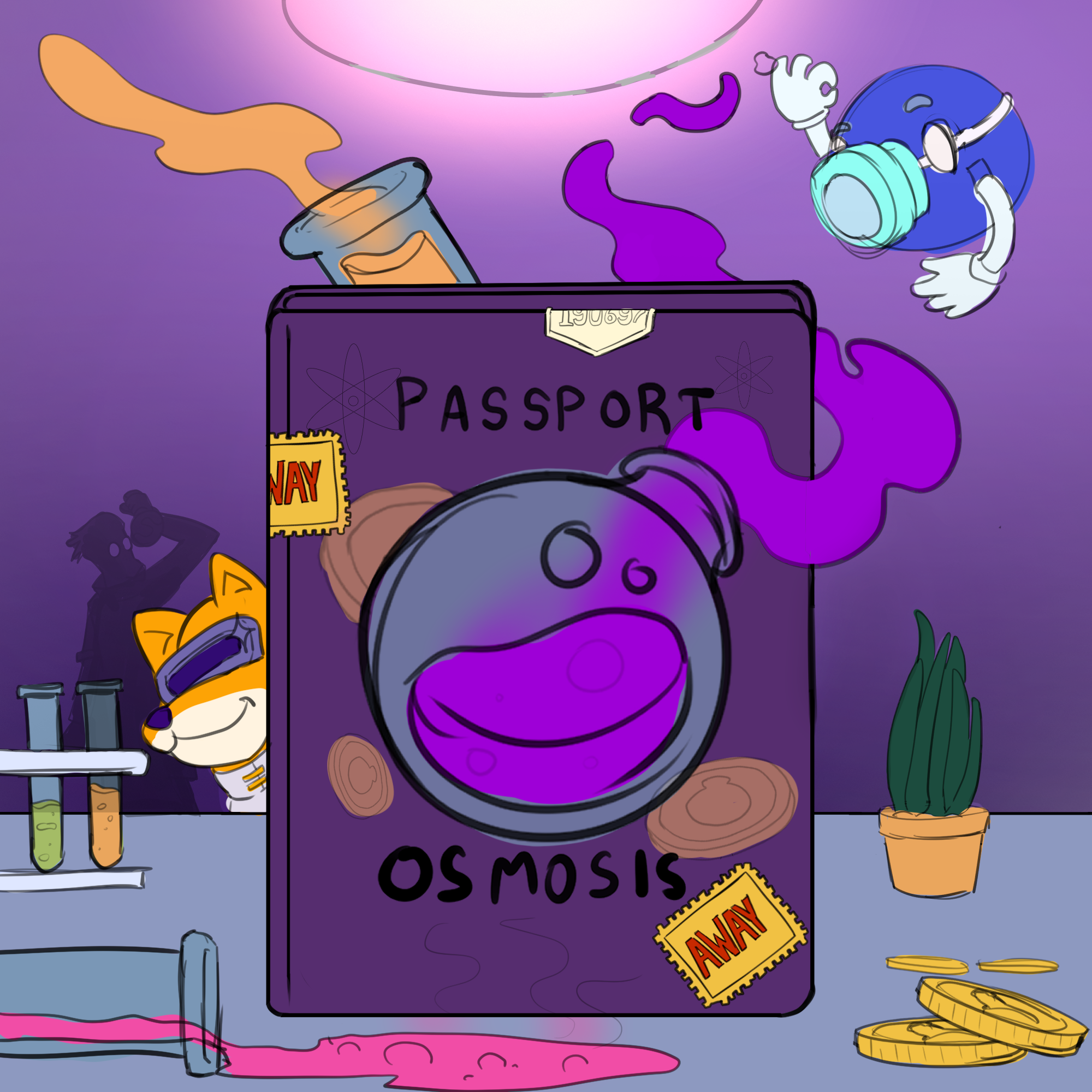Maybe interchaintest is the right fit here? Which could be either implemented forking the juno interchaintest implementation, which already comes with a bunch of helpful CosmWasm helpers or give it a try to the newily released interchaintest scaffolding tool from @srdtrk
Or a Rust alternative as implemented by Timewave as @Art3miX suggested that can be found here https://github.com/timewave-computer/orbital/tree/main/local-interchaintest

 Note: PFP has changed from
Note: PFP has changed from  Note: PFP has changed from
Note: PFP has changed from
As of now ics721 covers e2e tests using
ts-relayer. This is for various reasons not ideal, sincets-relayeris neither meant for production nor it is up to date.New e2e tests should cover tests as defined in ./ts-relayer-tests/src/ics721.spec.ts.